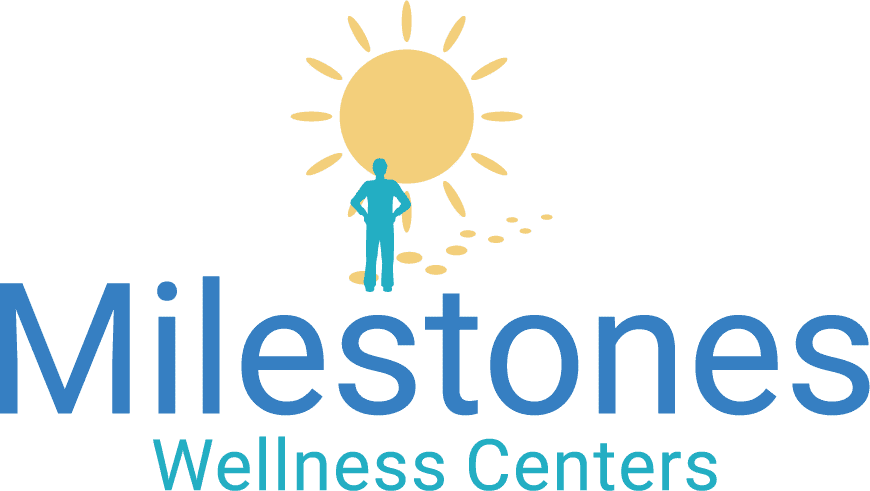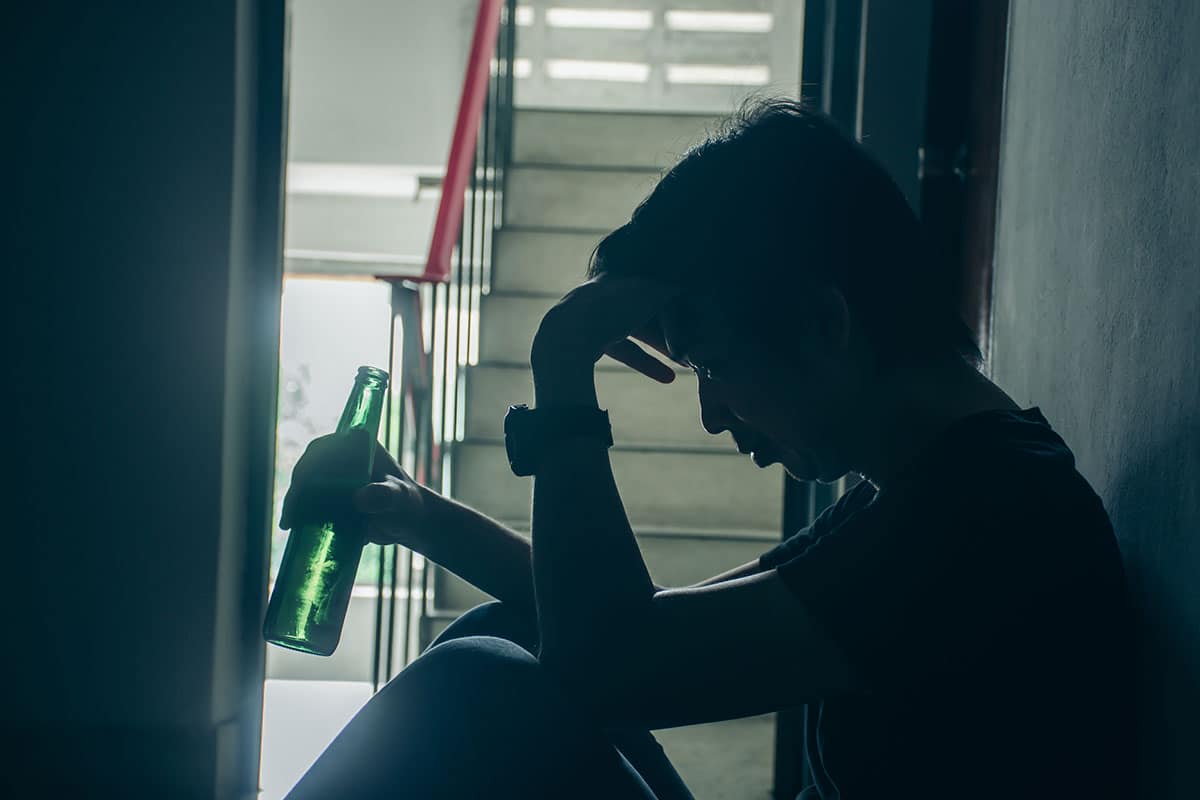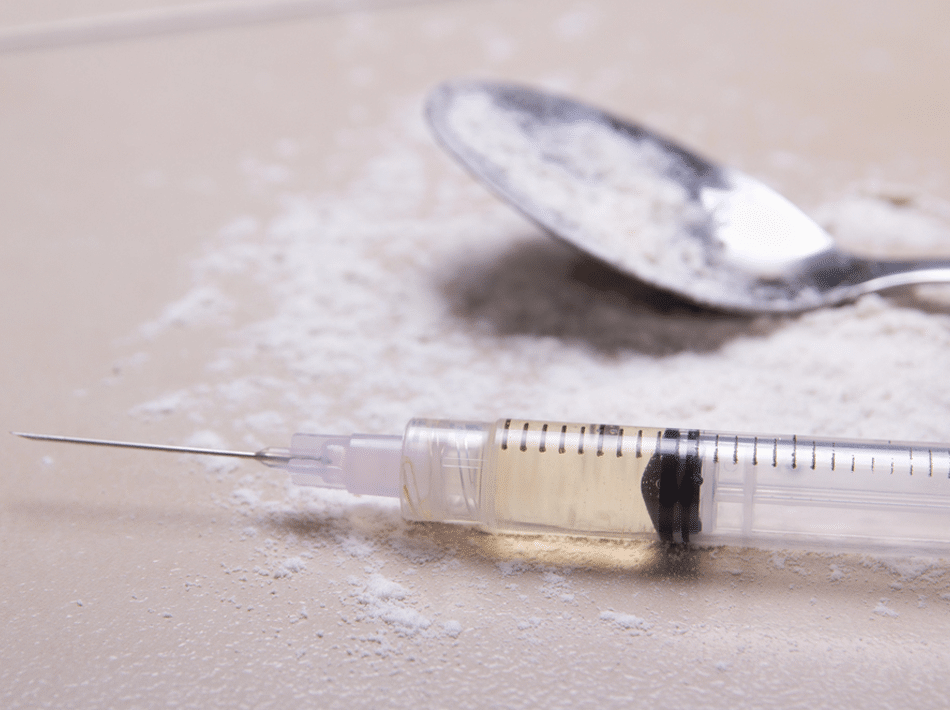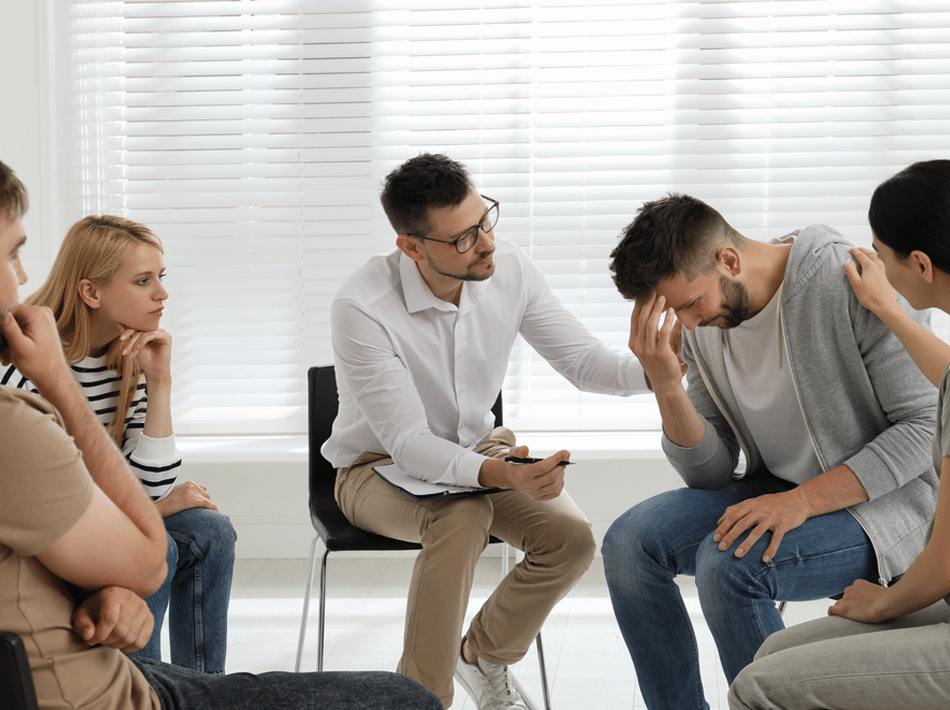Relapse Prevention Strategies: Identifying Triggers and Building Resilience
Identifying triggers is a very important aspect of recovery. This blog will not be going in-depth about identifying triggers. As this is an important topic, please read the prior two blogs which have great information about identifying triggers. For triggers there are two categories which are internal and external triggers. Each of the past two blogs are on each of these types of triggers, the common triggers in those areas and how to notice each trigger. Triggers are specific to each person but there are some that are common among most people. Also, many people will have triggers that they are not aware of, which are the most concerning as if you are not aware of the trigger then it can have a higher chance of causing a relapse. As the title of this section indicates, it is needed to build resilience to triggers. By doing this you will take away the power that the triggers have which will prevent relapse and the desire to use substances.
There are a few strategies when looking at triggers and building resilience. First as a person is newer to recovery, it is highly advised that you avoid triggers. The reason here is you need to build personal strength before you can start to face any triggers which could cause relapse. As avoiding triggers is the best strategy, it is not always feasible as many triggers may be people, places, or things in life that are just not avoidable. This concept of avoidance of triggers when early in recovery is a reason why in-patient facilities are highly suggested as the first step in recovery treatment. The reason here is while at such a recovery treatment facility you should be able to avoid many of the triggers, at least the external triggers, which could threaten your success in the early stages of recovery.
As we know that total avoidance is not possible, then how do we handle triggers when we have to? First is to be aware of the triggers and the power they must cause feelings of substance usage, whether those feelings are direct or the triggers cause emotions that are linked to the desires to use substances. Being aware of our triggers starts to take the power away from them. Next is limiting exposure to these triggers with ever so slightly increasing their presence as you gain strength over them. As you work on such an approach it is important to make sure you have failsafe in place, such as social support to help you if cravings arise from exposure to the triggers. As time passes you will continue to gain this resilience to the triggers, eventually taking away most of, if not all, the power that trigger had over you. It is important to note that often substance abuse is a lifelong problem and having a false belief that you have control over all triggers can lead to them affecting you and a relapse, remember from prior blogs that overconfidence is a problem in substance abuse recovery.
Health Coping Mechanisms: Developing New Habits and Hobbies
The reason most triggers cause relapse is that those triggers evoke an internal response from us, requiring us to use coping mechanisms. In this case those coping mechanisms are substance abuse. And this can be from both negative and positive feelings which come from the triggers, such as a trigger which causes the desire to celebrate. How you handle this is to develop new habits and hobbies that you can use during such feelings. To give you a good example of how a new habit would work, let’s say you just got some news which would bring you great happiness. Some with substance abuse problems would want to celebrate by becoming intoxicated. This is often done to increase the already presence of one of many neurotransmitters which are present in the brain which occurred from the good news, such as dopamine and/or serotonin. A new habit would be to go for a run or hike, which both of these habits will cause the release of endorphins, which in turn will raise your dopamine (similar to that of a drug) but done so in a healthy way.
Another common internal trigger that can be assisted with hobbies is that of boredom, or loneliness, as mentioned in the blogs on triggers about H.A.L.T. A hobby can be anything that brings you entertainment and does not have to be one that is particularly productive, if you find it entertaining. The idea here is that a hobby will assist you during times of loneliness or boredom which would have previously been filled with times of using substances. An even better way to use this free time with hobbies would be to find one that will help advance something in your life, such as learning a new skill, using a skill that can assist you in making more income, or anything that will help advance you in life. This way you are not only helping combat coping with new healthier methods, but you are also advancing some area of your life at the same time.
One last point of healthy habits and hobbies is that our attention is limited capacity. For this reason, if you place all your attention on a new habit or hobby there is no space left in your attention span to focus on substance abuse. The same can be viewed with competing desires. Such as with eating healthy of exercising, those are the opposite of substance abuse. And if you are fully dedicated to this healthy lifestyle then doing the opposite would cause some internal conflict and likely help you with remaining abstinent.
Building a Supportive Network: Engaging in Sober Communities and Peer Support
As mentioned in the previous blogs about triggers, joining sober communities and peer support groups can be a very helpful tool in substance abuse recovery. The most known of these groups is that of Narcotics Anonymous or N.A., with Alcoholics Anonymous or A.A. being another, which A.A. is often very accepting of those who have suffered from substance abuse and not alcoholism. These groups have been around for 50 plus years and have helped countless individuals in their recovery.
There are times that people may have issue with the underlying religious tones of N.A. or A.A. If this is the case there are secular (non-religious) versions of both, such as the Agnostic versions or just other secular versions. And often even in the N.A. and A.A. groups the concept of “higher power” they relate to anything that gives you the drive to remain sober and not necessarily to a version of God. Also, there are other peer support groups outside of just N.A. or A.A. which may be of help to a person in recovery. If you research you can find a variety of support groups, both in person and online, for a variety of concepts.
The Role of Continued Care: Aftercare Programs and Alumni Support
Aftercare programs are very useful as they provide continued support in the even of a potential relapse. Most aftercare programs are as simple as continued therapeutic support or involvement in the previously mentioned sober communities or peer support groups, or even a combination of them. What is most important is having an aftercare plan, which is an outline of what you will do, resources you have available, in the event of strong urges to use a substance or a relapse has occurred. There are varying views on relapse and lapse. Some view that any lapse is a full relapse and requires starting over with recovery. Some view a single use of a small period of usage as a lapse and that recovery can happen quickly without the full need of all prior recovery treatment. This is all individual to the person and everyone is allowed to have their own belief.
Alumni support programs are great for both parties involved. For those that are in recovery hearing from those that have successfully completed the same treatment program gives them hope, which is one of the most important aspects of recovery. And as useful as therapist, counselors, and other medical professionals can be, having someone that has been in the same position in life can resonate in a different manner. As for those that are alumni, helping others in treatment can assist you with remembering where you came from in your recovery. Remember that overconfidence is often a major problem with relapse, and this is a way to stay humble, while having a new health habit in helping others that need assistance in substance abuse recovery.





